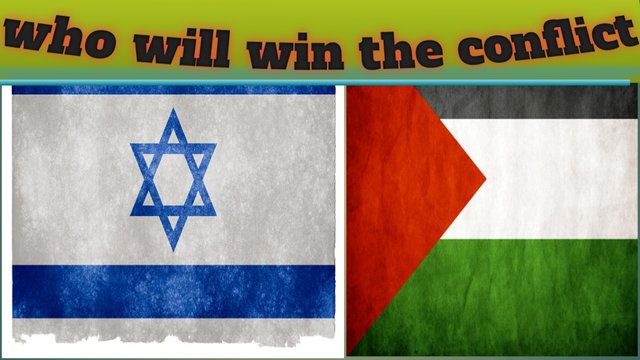
By:Thakur khadka
Date:2023/11/1 wednesday
Introduction:
One of the world's longest-lasting and most ingrained disputes, spanning generations and causing great misery on both sides, is the Israel-Palestine conflict. Who will win in the end in this long-lasting battle is still up for debate. This article examines the conflict's intricate historical, political, and sociocultural facets as well as possible outcomes and long-term effects.
Main Body:
Historical Origins of the Conflict:
The Israel-Palestine conflict originated with the migration of Jewish immigrants to Palestine in the late 1800s, when the region was ruled by the Ottoman Empire. As a result of rising tensions during the British Mandate era, the 1947 United Nations partition plan created the State of Israel. This signaled the start of a long-lasting conflict over territory, identity, and sovereignty.
Military and Political Struggles:
Both sides have fought in several wars throughout the years, such as the 1948 Arab-Israeli War, the 1967 Six-Day War, and the Gaza War in 2014. The region has seen severe economic destruction and great human suffering as a result of these conflicts. With conflicting claims to Jerusalem, failed peace initiatives, and territorial conflicts, the political picture is as complicated.
International Involvement:
International powers—particularly the United States—have contributed significantly to the conflict by supporting Israel militarily, diplomatically, and financially. The Palestinian cause has earned considerable worldwide sympathy and support, with many countries recognising a Palestinian state. But diplomatic attempts have frequently failed, which has only increased discontent.
Demographics and Settlements:
The issue has become more complex due to changes in demographics and the establishment of Israeli settlements in the West Bank. Tensions and conflicts have arisen as a result of the Israeli population's substantial growth over the years and the settlements' encroachment upon land that the Palestinians see as part of their future state.
Scenarios for the Future:
The future outcome of the Israel-Palestine conflict remains uncertain, with several possible scenarios:
- Two-State Solution:
The solution that has gained worldwide support entails the coexistence of an independent Israel and Palestine. However, political disagreements and ongoing settlement development are making a two-state solution less viable.
- One-State Solution:
There are others who support a unified, binational state in which Israelis and Palestinians have equal rights and obligations. But there are major cultural and political barriers to this alternative.
- Continued Conflict:
There are others who support a unified, binational state in which Israelis and Palestinians have equal rights and obligations. But there are major cultural and political barriers to this alternative.
Conclusion:
There is currently no clear solution to the complex and deeply ingrained Israel-Palestine conflict. A long-term, peaceful resolution is still unattainable, despite all parties' continued efforts to achieve their respective objectives. Sincere attempts at peacemaking, international collaboration, and a readiness to tackle the conflict's basic issues—borders, Jerusalem, and refugees—will be necessary for the future. Although it is still unclear who will win in the end, there is still optimism for a fair and peaceful settlement because it is crucial to the stability and well-being of the entire region.